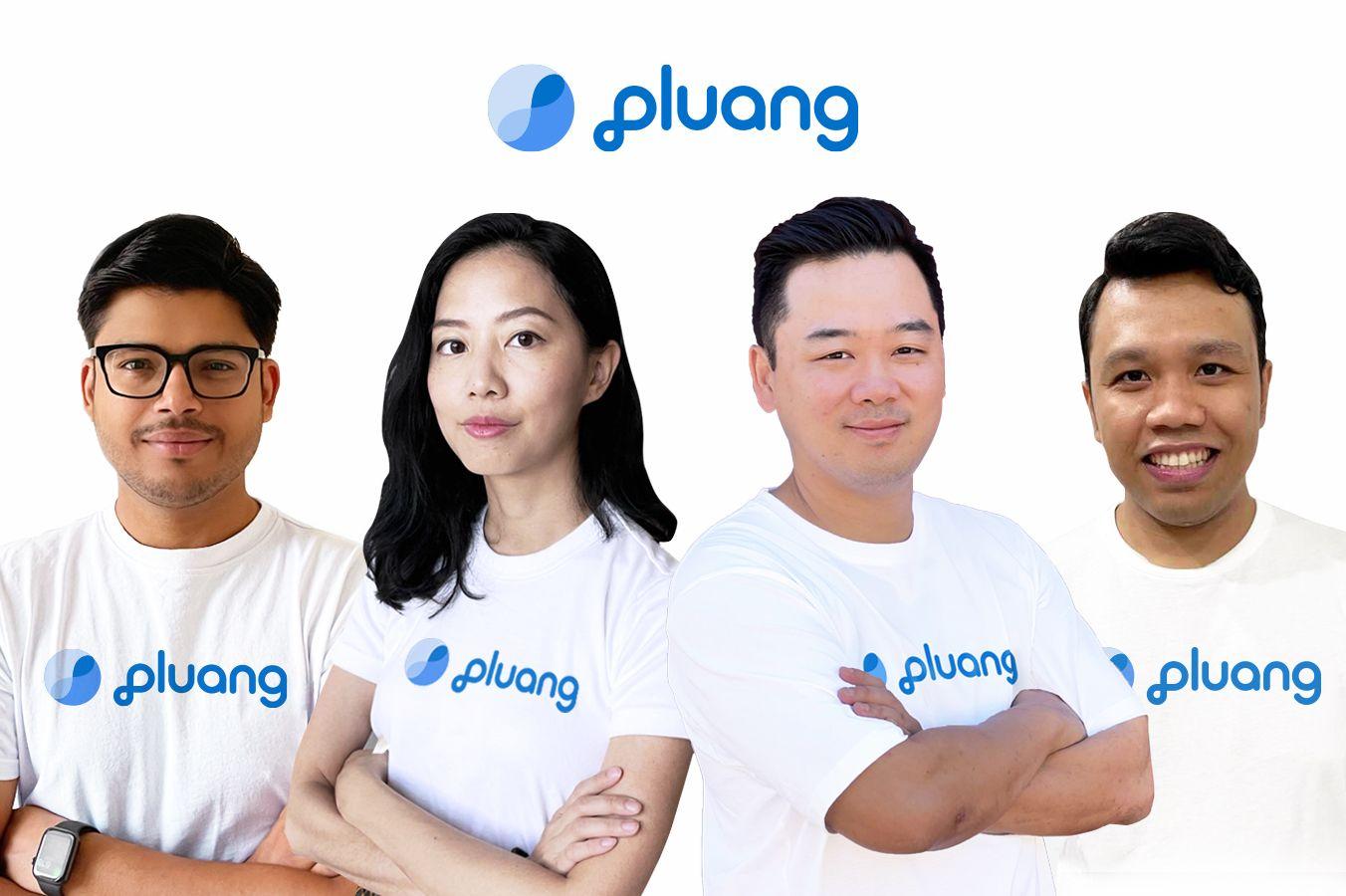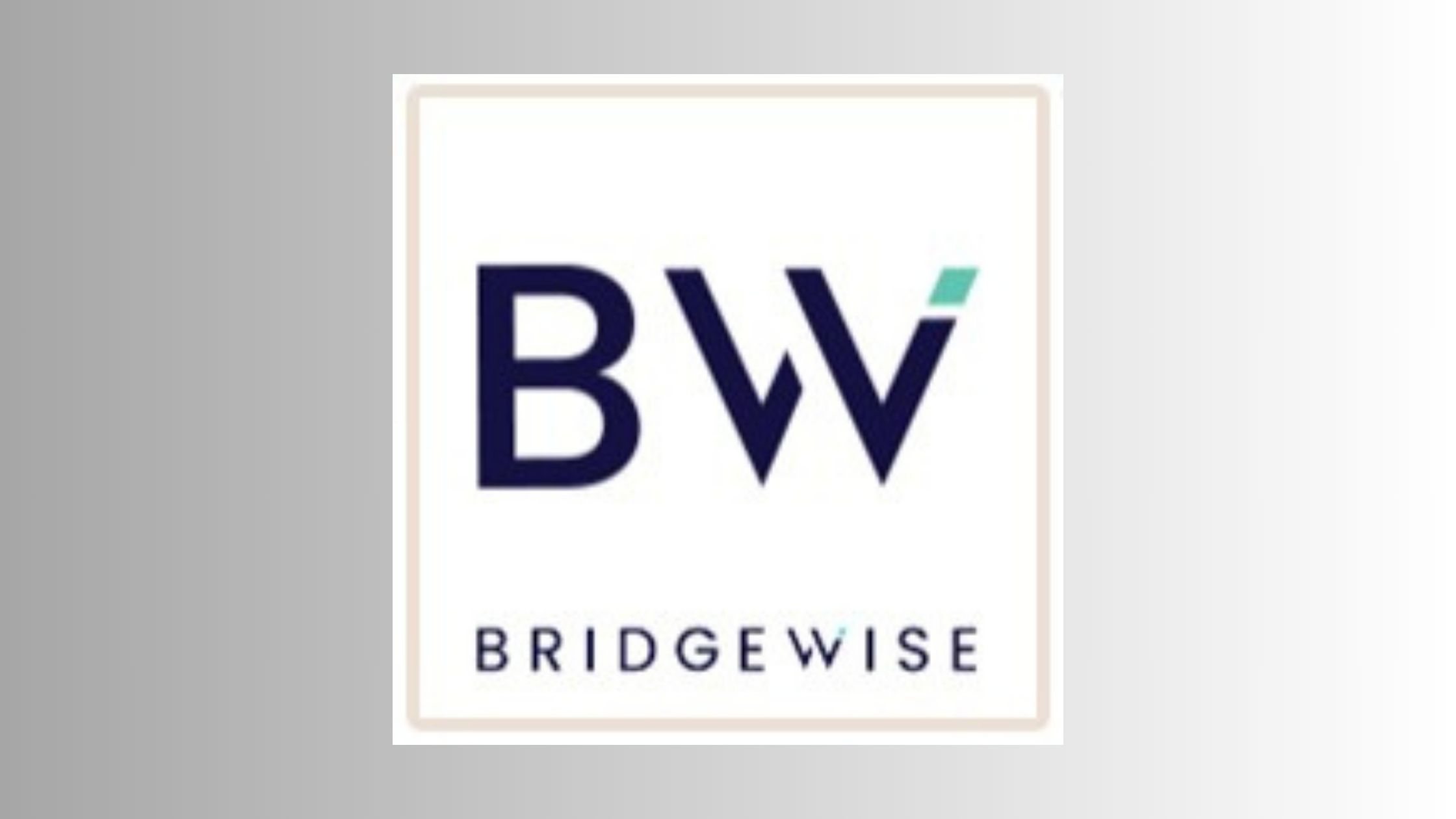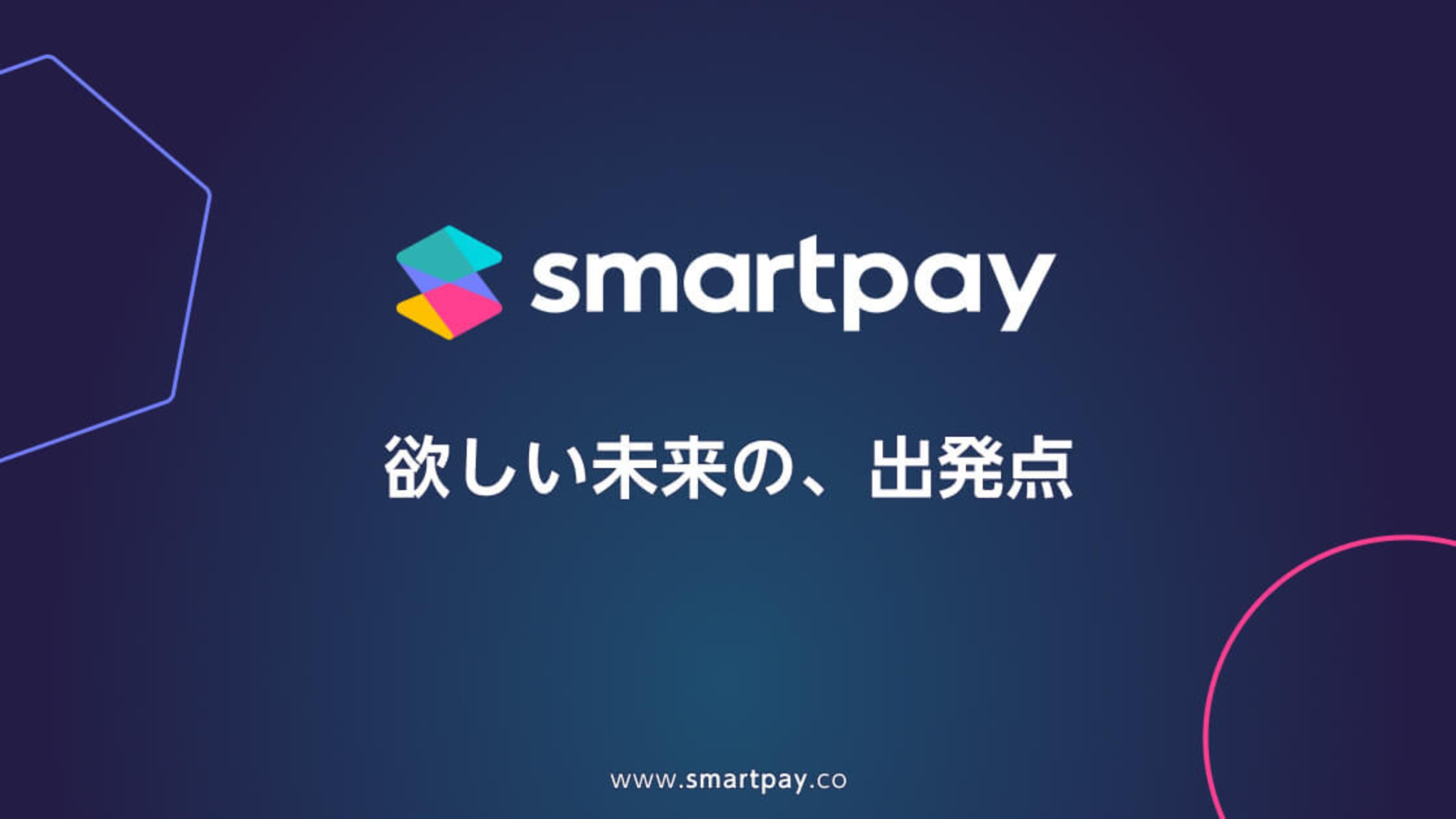AsiaTechDaily – Asia's Leading Tech and Startup Media Platform

Indonesian fintech firm Pluang secures $55M funding from Accel
The all-in-one fractional Indonesian investing app Pluang raised $55 million in a funding round led by Accel.
The latest funding brings Pluang’s total investments to $110 million for the year 2021. The recent funding round is a follow-on to its previously announced Series B.
The additional investors for this round are Trung Nguyen, Andy Ho, Aleksander Leonard Larsen, and Jeffrey Zirlin (Axie Infinity founders), Alexa con Tobel (former Learnvest CEO), Daniela Binatti (Pismo CTO), Sujata Bhatia (Monzo COO), Jannick Malling and Leif Abraham (public.com co-CEOs), Raghu Yarlagadda (FalconX CEO), Sergio Jimenez (Flink CEO), The Chainsmokers, BRI Ventures, Gold House, as well as previous investors Square Peg, Go-Ventures, UOB Venture Management, and Openspace Ventures.
Claudia Kolonas, Co-Founder of Pluang, said the additional investment will enable their team to accelerate their momentum and provide the tools, resources, and education necessary to set more customers up for long-term wealth creation.
“We are absolutely thrilled to have the world-class team of Accel, as well as our additional investors, supporting us in the next stage of growth in Pluang,” Kolonas added.
In addition, the company also plans to expand the availability of its app and services throughout key additional international markets.
Accel partner Andrew Braccia said they are happy to help Pluang in their quest to provide wealth-building solutions and expand financial inclusion across Southeast Asia.
In Indonesia, the Pluang app enables retail investors to invest in a wide range of asset classes while maintaining a simple and frictionless user experience. Users can make micro-savings and micro-investing contributions across gold, indices, mutual funds, and crypto assets, as diversification is a fundamental part of lowering the risk for new investors.
The company will offer a feature that allows users to invest in fractional US single stocks, a first of its type innovation in Indonesia, as part of its attempts to extend its asset classes.
The scale and promise of the Southeast Asian market have been recognized by investors around the world, with $8.2 billion in funding for companies in the area alone in 2020.





